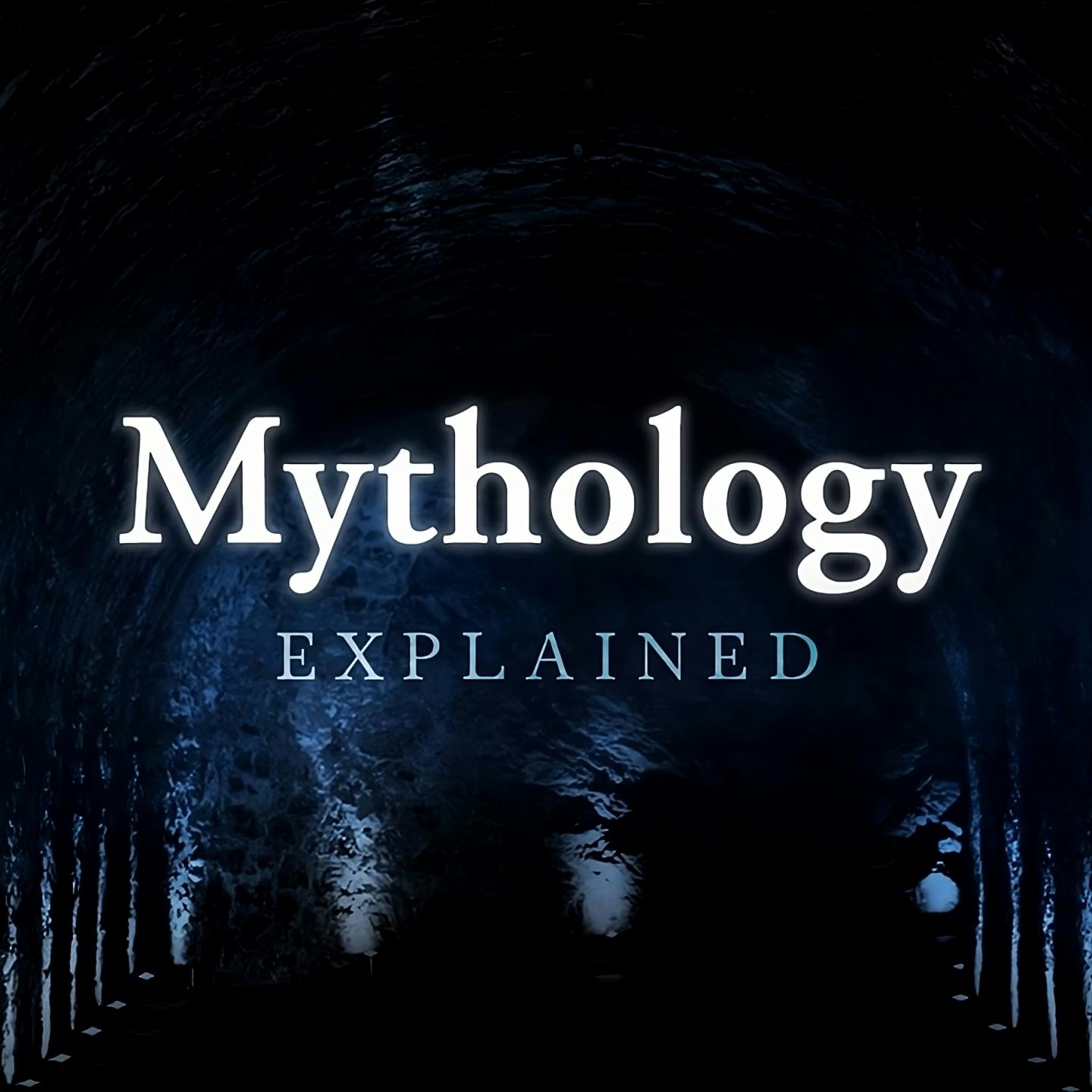
Shownotes Transcript
Welcome to Mythology Explained. Today, we're going to discuss Rasputin: certainly a historical personage, not a figment of mythology, but his life was so strange and sordid that he has become something of a modern mythological figure, especially as a perennial feature of popular culture through a tide of books written and movies made after his death.He rose from humble beginnings, a lowly illiterate peasant in a remote backwater of Siberia, to become one of the most powerful people in all of Russia, wielding incredible influence over the royal family. He became a man of God, allowing him to garner prominence through ecclesiastical channels, and in this capacity, appeared to have magical healing abilities, using prayer to heal the tsar's son, a hemophiliac, on numerous occasions, many of these proving miraculous recoveries that baffled royal physicians. One of these times was in 1908, after being summoned to the royal palace to help with one of Alexei's episodes. Rasputin managed to lessen the boy's pain (perhaps through hypnosis); however, the most remarkable detail of this visit occurred while he was leaving the palace: he prophesied that the fate of of the Romanov dynasty was inextricably linked to him, and in large part, his words that night truly did come true; for only a short time after his death, a mere few months, the autocracy of Russia was undone, overwhelmed and overthrown by revolution, a paradigm shift punctuated by Nicholas II's abdication on March 15, 1917. And the circumstances of his death, his seeming imperviousness to poison, as well as his reported resiliency to gunshot wounds, more than anything else, made him a person of interest, his durability linking him with dark powers and the supernatural. Let's get into it.
